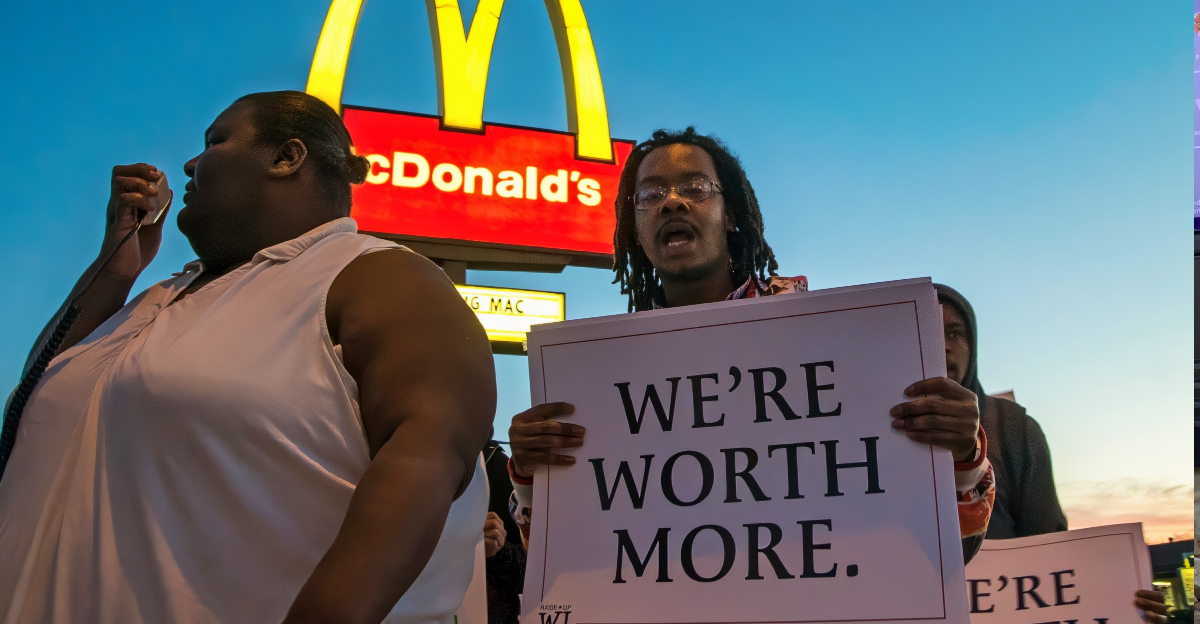
McDonald’s is backing away from its diversity and inclusion goals, and analysts say the impact is bigger than it looks. While only a few dozen DEI staff lost jobs, up to 302 current and future roles tied to DEI efforts are now off the table. That includes future leadership and hiring targets that helped shape the company’s earlier commitments. So how did things shift so dramatically? Let’s take a closer look at what led to this.
A Look Back at How It Started
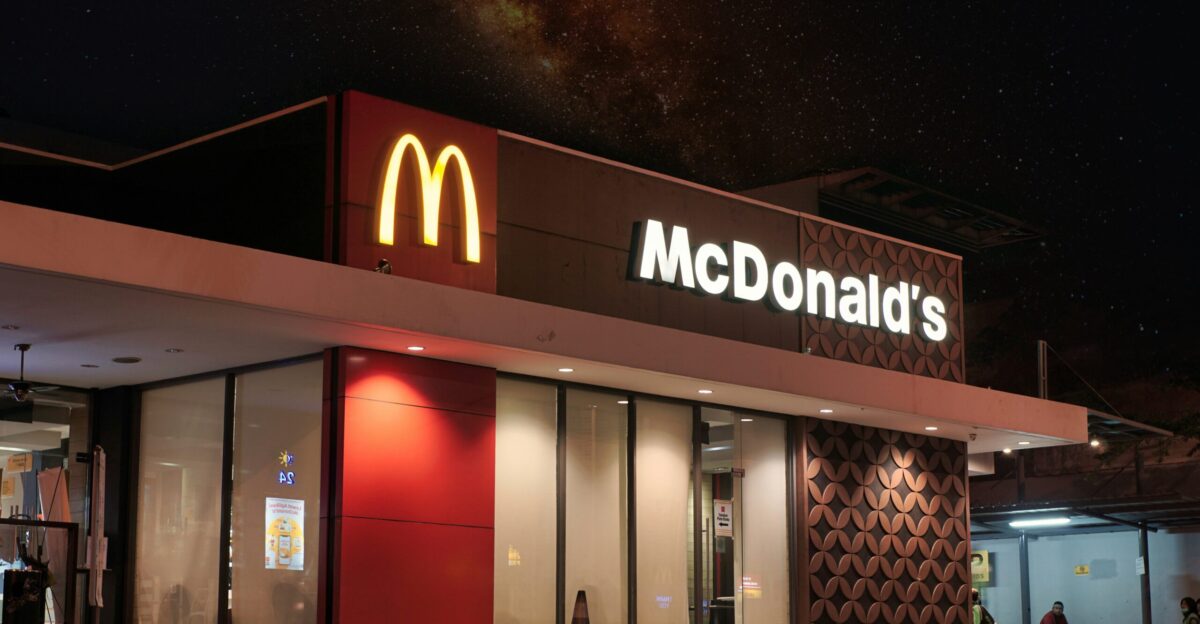
In 2021, McDonald’s launched a major DEI strategy, even tying executive bonuses to diversity goals. Fast-forward to January this year, and those goals were dropped. Just days later, activist Robby Starbuck claimed victory after pushing the company to end what he called “woke policies.” Then, on June 24, The People’s Union USA launched a week-long boycott over the changes. At the same time, U.S. same-store sales had fallen 3.6% in Q1 2025, the company’s worst performance since the early pandemic.
DEI Goals Quietly Removed

McDonald’s had ambitious targets: 45% of leadership roles held by women globally and 35% by underrepresented groups in the U.S. It also asked vendors to follow diversity commitments. But after a civil rights audit and the Supreme Court’s June 29, 2023 affirmative-action ruling, the company paused those efforts. The DEI department was renamed the Global Inclusion Team. Public quotas were dropped, and supplier programs were pulled back to focus on internal inclusion instead.
Understanding the “302” Figure

The number 302 doesn’t just reflect job cuts. Only around 32 existing DEI roles were eliminated. The rest, about 180 leadership roles and 90 future hires, represent opportunities that will no longer happen if old diversity goals stay shelved. These estimates show how deeply the rollback could shape the company’s hiring pipeline. While the number of layoffs was small, the long-term effect could be much wider, especially for underrepresented communities and future employees.
Legal and Political Winds Are Shifting
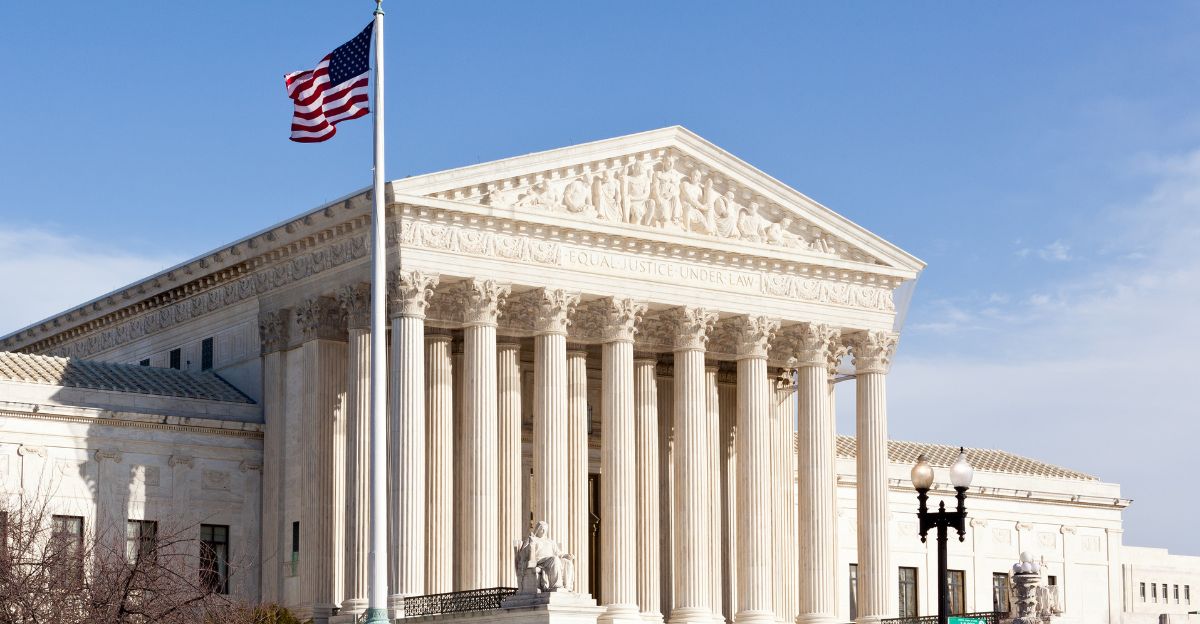
McDonald’s cited the Supreme Court’s ruling as one reason for its decision. Lawyers say diversity hiring targets may now trigger legal risks under Title VII if seen as race-based. Conservative lawmakers in several states are also trying to block DEI programs. With the chance of a Trump return to office, companies are bracing for tighter rules. McDonald’s appears to be preparing early, hoping to avoid lawsuits or new regulatory crackdowns.
The Pressure Campaign That Made Waves

Conservative activist Robby Starbuck ran social media campaigns urging companies like John Deere, Walmart, and McDonald’s to walk away from DEI. He said McDonald’s shift marked “the first corporate flip of 2025.” His strategy? Use social pressure and viral posts to push companies to act quickly. Experts say this model may spread to other large corporations, especially those balancing public values with political blowback in a divided environment.
The Boycott Begins

The People’s Union USA launched a national boycott of McDonald’s on June 24. They’re pushing for restored DEI roles, fairer wages, and real investment in local communities. John Schwarz, who leads the group, said this was about “power of the people.” He framed it as a protest against corporate behavior that hurts working families. The group’s methods follow the same pattern used in boycotts against Bud Light and Target earlier this year.
Protesters Push for More Than Just Jobs

The boycott’s demands go beyond the 32 cut positions. The group is calling for public reporting on supplier diversity, better pay for workers, and hiring targets in underserved areas. They say McDonald’s has walked away from communities that helped build its brand. Their coalition includes labor organizers, pastors, and activists. Together, they argue that true inclusion requires more than vague promises, it needs numbers, investment, and accountability that people can track.
Sales Drop as Tensions Rise
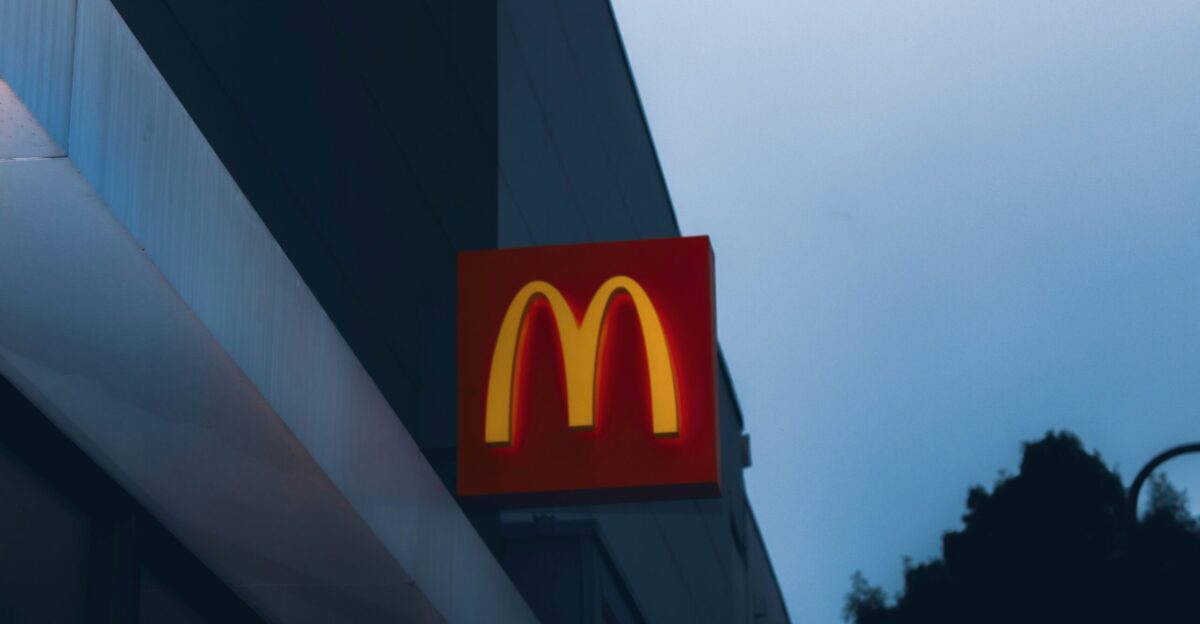
Same-store sales in the U.S. fell 3.6% in Q1 2025, marking the worst decline since the pandemic’s early days. During an earnings call, the CFO said some of that drop may be tied to public backlash around DEI changes. Marketing analysts say if the boycott continues, the company could lose between $50 to $75 million over the next quarter. Whether or not that happens, McDonald’s is already feeling the financial heat.
McDonald’s Says It’s Still Committed
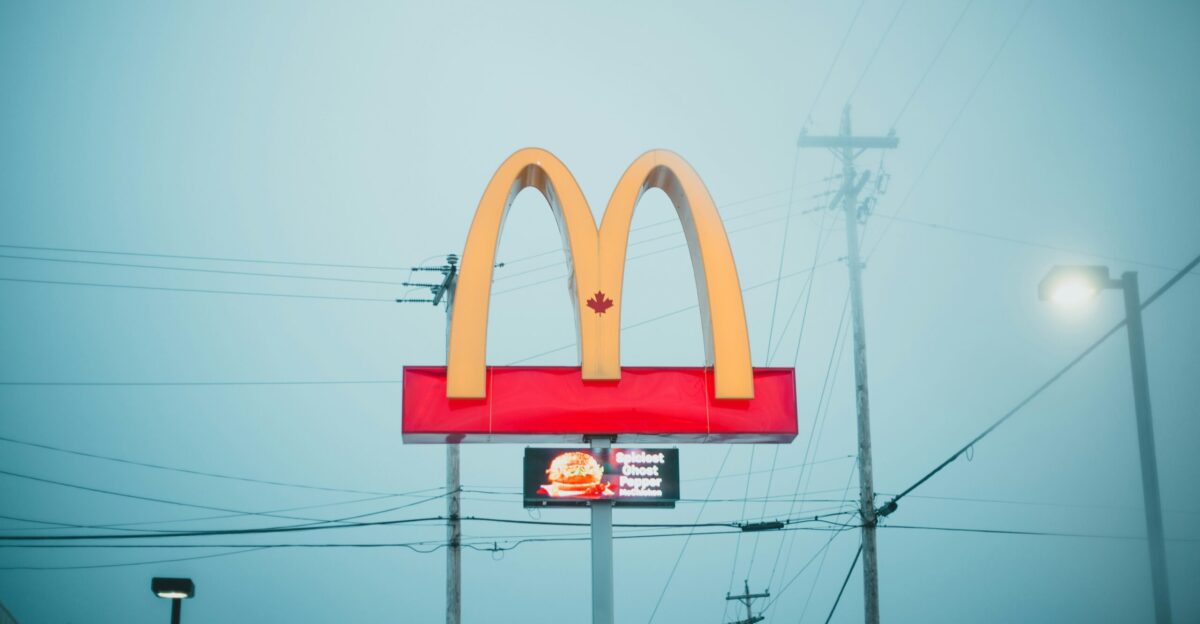
McDonald’s responded by saying it hasn’t given up on inclusion. The company pointed out its 800,000 employees and billions spent with diverse suppliers. CEO Chris Kempczinski said inclusion will now be part of daily operations, not just a standalone effort. He promised results would come from franchisee growth and workforce investments. Reuters also noted that McDonald’s plans to keep sharing some demographic stats through its annual Purpose & Impact report.
Inside the Restaurants: Mixed Reactions

Franchisee reactions to recent DEI policy updates have been mixed, with some expressing support for the changes and others voicing concerns about their impact. Employee feedback also varies, with certain staff members reporting uncertainty about the new direction and others welcoming more focused, practical training initiatives. Experiences and responses differ across locations, reflecting the diverse needs and perspectives of individual stores.
Lawsuit Adds Fuel to the Fire

Over 40 Black former McDonald’s franchisees have joined the national boycott while pursuing a class-action lawsuit against the company. They say McDonald’s steered them into struggling, high-cost neighborhoods and denied them the same chances white franchisees received. Many claim they were set up to fail and forced to sell at a loss. These allegations highlight deeper concerns about racial bias in the franchise system, adding more pressure to the growing backlash.
Franchisees Say They Were Set Up to Fail

Beyond location concerns, former Black franchisees argue they faced unequal access to loans, harsher inspection standards, and less mentorship than white counterparts. Several say they raised complaints for years without meaningful support from corporate. The broader claim is about economic fairness: that McDonald’s built wealth in Black communities while failing to invest in them. These deeper patterns of exclusion are now central to the legal fight, and fuel ongoing calls for structural change.
What the Inclusion Team Is Doing Now

The renamed Global Inclusion Team is now focused on employee training, bias workshops, and supporting local groups. Goals around representation and supplier audits have been dropped or paused. The company still runs employee surveys and plans to keep tracking pay equity. More pressure now falls on store managers to create welcoming environments. That shift raises a question: Can inclusion be built from the ground up without public promises from the top?
McDonald’s Isn’t Alone in Pulling Back
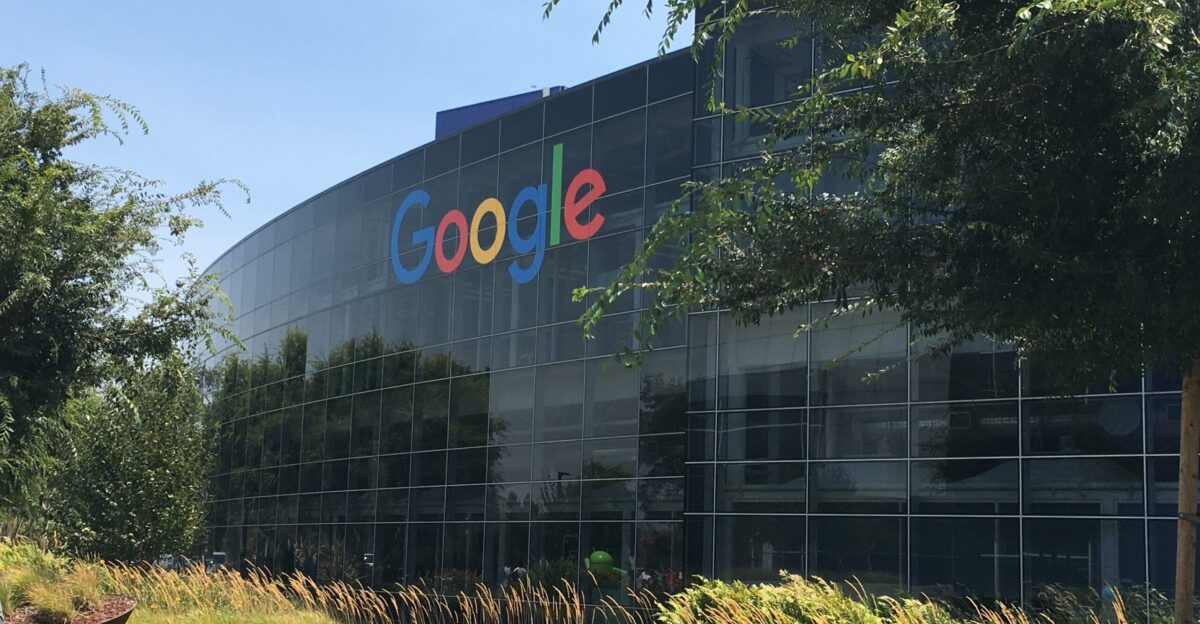
Other major companies have also scaled down DEI work. Walmart, John Deere, Ford, Meta, and Google are changing or cutting programs. Some are doing it because of legal fears. Others are reacting to pressure from shareholders or political groups. At the same time, brands like Costco are choosing to double down, using DEI as a way to build loyalty. The result is a divided business world, where inclusion looks very different company to company.
Is Inclusion Still a Smart Business Move?

Research from McKinsey shows companies with diverse leadership are up to 25% more likely to outperform financially. Still, legal experts warn that strict diversity quotas could lead to lawsuits under U.S. anti-discrimination laws. McDonald’s recently moved from public DEI targets to a culture-based approach, drawing criticism from some investors. This shift mirrors a wider trend, as companies rethink DEI under legal and political pressure. The big question now: will DEI stay central to business, or fade?
Online Reactions Are Sharp and Split

After the rollback, #McDEI started trending on platforms like TikTok and X. Some users mocked the changes, calling them “diversity fries.” Others posted long threads or videos slamming or defending the company. Influencers were split, some argued McDonald’s made a smart move, while others called it a betrayal. Reaction videos filled YouTube. The debate keeps changing, and McDonald’s brand reputation now lives under the spotlight of social media attention.
The Global Picture Isn’t the Same

Not every part of the world is reacting the same way to McDonald’s DEI changes. In Europe, where anti-discrimination laws are stricter, companies must maintain stronger inclusion efforts. While U.S. operations saw the biggest rollbacks, regions like Asia-Pacific have faced less public pushback. Some global programs, like women’s leadership networks, are still active in certain countries. These differences show that McDonald’s may need to adjust its DEI strategy based on each region’s laws and culture.
A Bigger Battle About Corporate Values
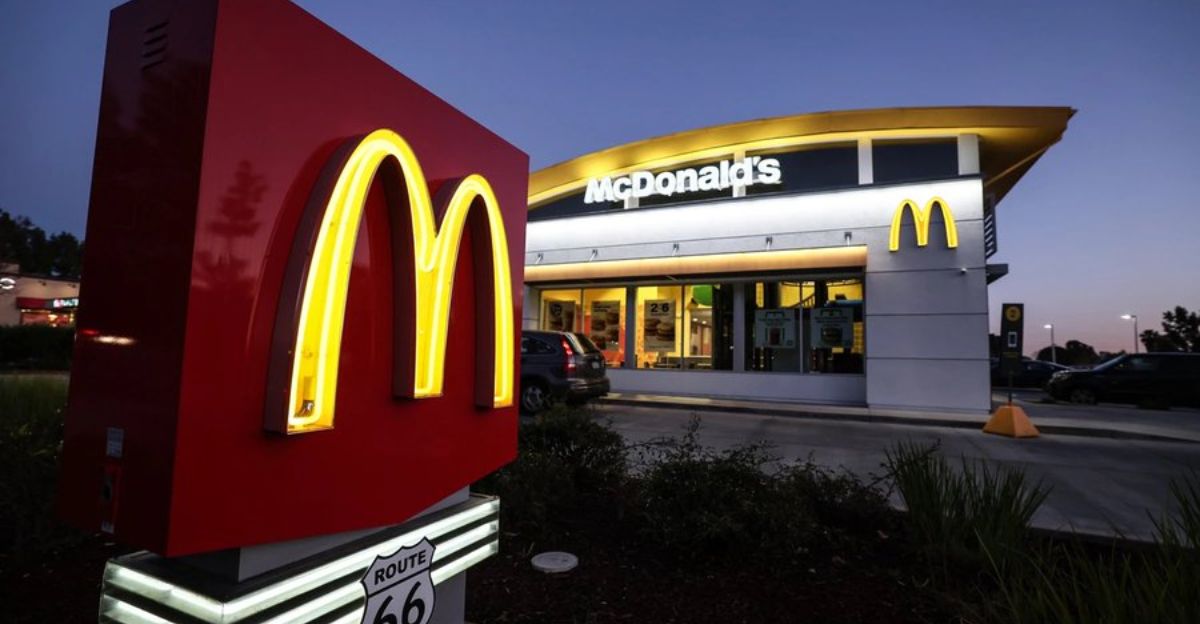
The debate over McDonald’s DEI changes raises bigger questions about how much pressure big brands can handle before changing course. McDonald’s points to legal and political factors, but critics say it’s backing away from its earlier promises. Advocacy groups and some investors remain vocal. Activists warn this won’t be the last campaign. As consumer movements grow stronger, more companies may face renewed calls to prove they’re serious about diversity, equity, and long-term accountability.
What McDonald’s Might Do Next

The company faces ongoing legal challenges related to diversity programs, and shareholder resolutions on DEI have been submitted for its 2025 annual meeting. Analysts and industry experts suggest McDonald’s may test new DEI models in different regions or make further adjustments depending on business performance. Meanwhile, competitors that maintain public DEI commitments could gain support from consumers and investors who prioritize inclusion.
This Could Shape the Future of DEI

McDonald’s evolving approach to diversity and inclusion may set a precedent for other major brands. The outcome of these changes will likely influence its reputation, workforce engagement, and investor trust. Whether DEI remains a visible part of corporate strategy or shifts to a more internal focus will depend on how companies like McDonald’s respond to legal, political, and market pressures in the months ahead